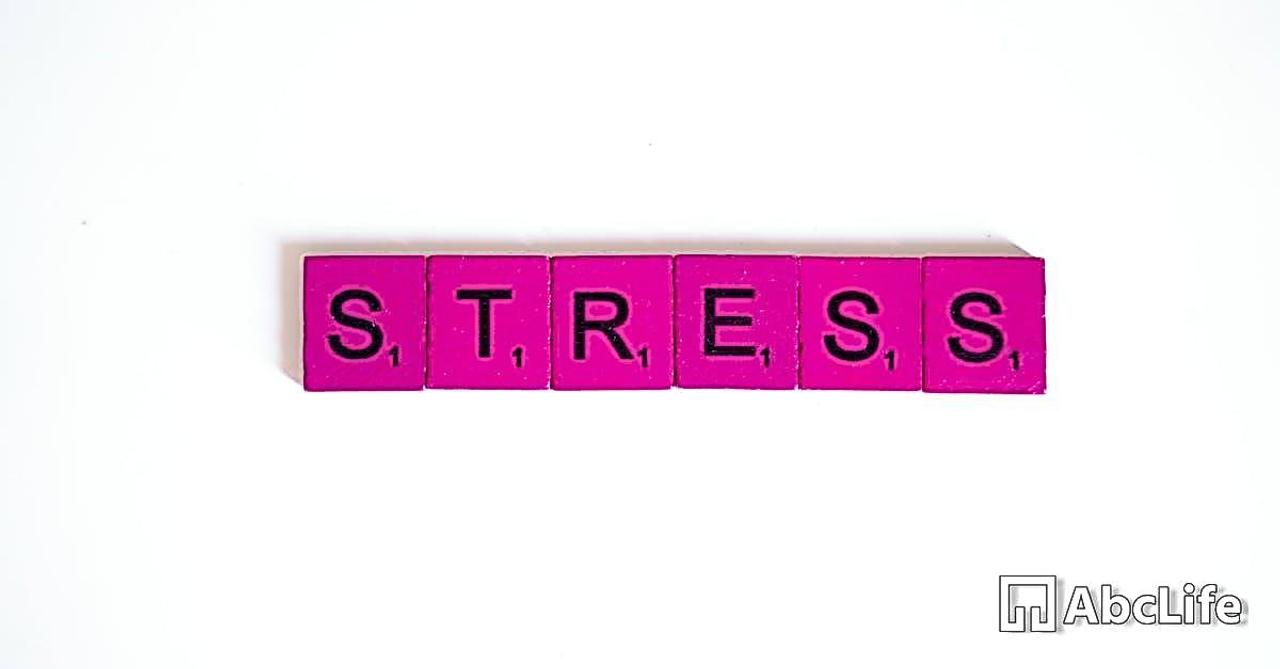5 Easy Stress Reduction Techniques for a Happier Life
Stress is an unavoidable part of everyday life. Work, relationships, financial difficulties, or any other source of stress can cause it to manifest in various ways. Stress, if unchecked, can lead to a variety of health problems, including anxiety, depression, and hypertension. Failure to manage stress can have ramifications not only in your personal life, but also in your work, social life, and other areas.
This article will teach you five simple stress management techniques to help you cope with life's daily stresses and live a happier life. Finding time for self-care, maintaining a healthy work-life balance, exercising regularly, connecting with loved ones, and practicing mindfulness and meditation are some of these techniques. By implementing these simple tips, you can increase your stress resilience, improve your mental health, and feel more fulfilled in your daily life. So jump right in and start learning how to manage stress better today!
Self-care: Prioritizing Your Own Well-being

Every day, many of us are juggling multiple responsibilities. Work, household chores, childcare, social commitments, and other daily demands can make it difficult to find time for ourselves. However, prioritizing self-care is critical for our overall well-being. Self-care can help us reduce stress, improve our mood, and increase our productivity.
Spending time in nature, practicing meditation or yoga, engaging in a favorite hobby, or simply taking a relaxing bath are all examples of self-care. It's critical to figure out what works best for you and commit to incorporating it into your daily routine. Making time for self-care does not imply being selfish or ignoring your responsibilities; rather, it is an investment in your own well-being that benefits both you and those around you.
Finding Harmony in Your Daily Life: Work-Life Balance

Work-life balance refers to the balance of professional and personal responsibilities. Balancing work and personal life can be difficult, but it is necessary to live a happy and healthy lifestyle. Failure to strike a work-life balance can result in stress, anxiety, and burnout. As a result, it is time to take action in order to achieve harmony in your daily life.
To begin, prioritize tasks and responsibilities. Determine your priorities and plan your time and effort accordingly. Make a plan and stick to it. Work smarter, not harder; avoid overcommitting; and keep working hours to a minimum. When you're not at work, disconnect from it all and focus on yourself, your family, or your hobbies. To improve your well-being, remember to take regular breaks, exercise, and practice mindfulness.
Work-life balance necessitates effort, discipline, and practice, but it is well worth the effort. You will improve your health, happiness, and productivity by striking a balance. So, take the necessary steps to achieve a work-life balance that works for you and live a happier life.
The Advantages of Physical Activity for Stress Reduction
Exercise is one of the most effective stress-reduction methods. When you are stressed, your body produces stress hormones that cause you to engage in a fight or flight response. Exercise can help to lower these hormone levels, allowing you to feel calmer and more relaxed.
Regular exercise has also been shown to improve mood, boost self-confidence, and alleviate anxiety and depression symptoms. It can also help you sleep better, which can help you relax even more.
Running, yoga, or weight lifting are all forms of exercise that can help you manage stress. Aim for at least 30 minutes of moderate-intensity exercise per day, and find an exercise that you enjoy so that it becomes a regular part of your routine.
Connecting with Family and Friends: The Influence of Social Support
Connecting with your loved ones is one of the most effective ways to manage stress in your life. Social support has been shown to be a powerful tool for stress reduction and overall well-being. Having people in your life who you can talk to and rely on, whether it's family, friends, or a support group, can make a huge difference.
During difficult times, strong social bonds can provide emotional and practical support. People who have close relationships are less likely to suffer from depression and anxiety, and are better able to cope with stressful situations, according to research. Furthermore, having a support network can improve overall physical health because people are more likely to engage in healthy behaviors when they are surrounded by supportive people.
Cultivating Inner Peace Through Mindfulness and Meditation
Mindfulness and meditation practices have grown in popularity in recent years as a means of reducing stress and improving overall well-being. Mindfulness entails focusing on the present moment without judgment, whereas meditation entails deliberately directing your attention to a specific object or thought in order to achieve mental clarity and relaxation.
Individuals can learn to manage their thoughts and emotions, reduce anxiety and depression, and improve their overall sense of well-being by cultivating these practices. Regular meditation and mindfulness practice can even result in physical brain changes such as increased gray matter and improved neural connectivity.
There are several ways to incorporate mindfulness and meditation into your daily routine. Starting with a few minutes of mindfulness or meditation each day and gradually increasing the time can make a significant difference in your stress levels. To help establish a consistent practice, you can also attend classes or workshops, listen to guided meditations, or practice with a group.
The Value of Healthy Habits: Eating Well and Sleeping More
A happier life requires healthy habits. Eating right and getting enough sleep are two of the most important habits to maintain.
To begin, a well-balanced diet rich in fruits, vegetables, lean proteins, and whole grains provides the nutrients required for optimal brain function, physical health, and overall energy levels. Skipping meals or consuming sugary snacks can cause mood swings, fatigue, and a lack of focus.
Second, getting enough sleep is essential for reducing stress and maintaining overall health. Sleep is essential for the body's ability to heal and repair, as well as for the brain to process information and regulate emotions, which promotes mental health.
Individuals can improve their overall wellbeing and reduce stress levels by prioritizing healthy eating and sleeping habits, which can lead to a happier, more fulfilling life.
Stress Triggers: Recognizing and Managing Your Stressors
Stress can be caused by a variety of factors, which are commonly referred to as "stressors." These stressors vary from person to person and may be related to work, family, relationships, finances, health, or other personal issues. Identifying your stressors is an important step toward stress management, which can lead to a happier and healthier life.
Increased workload, lack of sleep, poor diet, daily commute, unrealistic expectations, and financial problems are all common stressors. Once you've identified your stressors, it's critical to find the best coping mechanisms for you. Mindfulness, deep breathing exercises, regular exercise, eating a healthy diet, and getting enough sleep are some coping strategies. It could also entail taking a break from technology and social media, speaking with a therapist, or discovering a new hobby.
Remember that stress management is an ongoing process, and it's critical to experiment with different coping mechanisms until you find what works best for you. You can live a happier and more fulfilling life with less stress and anxiety by identifying and coping with your stressors.
Making a Stress Management Plan: Success Strategies
Stress can have an impact on both your physical and mental health. It is critical to develop a stress management plan that works for you in order to manage stress. Here are some pointers for developing an effective stress management strategy:
Identify stress triggers
First and foremost, you must determine what causes your stress levels to rise. Job pressure, financial issues, relationship problems, and health concerns are all common stressors. Once you've identified your triggers, you can devise a strategy to reduce or eliminate them.
Practice relaxation techniques
Relaxation techniques can assist you in dealing with stress. Deep breathing exercises, yoga, and meditation are examples of relaxation techniques. Incorporating these practices into your daily routine can help you feel less stressed and more relaxed.
Exercise regularly
Physical activity has been shown to improve both your physical and mental health. Regular physical activity can help reduce stress by releasing endorphins, which are natural mood boosters. Even a short walk or jog can help reduce stress levels.
Get enough sleep
Sleep is necessary for physical and mental health. Chronic stress can cause insomnia, exacerbating the problem. Make sure you get enough sleep every night to feel more refreshed and prepared to deal with stress.
Practice time management
Effective time management can aid in stress reduction. Create a schedule to assist you in prioritizing your tasks and avoiding feeling overwhelmed. When necessary, learn to say "no" and delegate responsibilities to others.
You can create an effective stress management plan by incorporating these tips and tricks into your life. Remember to listen to your body and make changes as needed to find out what works best for you.











